The Australian government’s move to introduce new legislation that forces social media platforms to disclose the identities of online trolls has been criticised as being ineffective in tackling how harmful comments spread online.
If passed, the new legislation would become one of the worlds strongest laws on online trolling, with social media companies considered publishers and held liable for defamatory comments posted on their platforms. However, the companies can avoid liability if they reveal the identity of individuals accused of defamation, which would allow legal proceedings to commence against the individual responsible for the trolling.
“That’s not Australia. That’s not what can happen in the real world, and there’s no case for it to be able to be happening in the digital world,” he said.
“In a free society such as Australia, where we value our free speech, it is only free when that is balanced with the responsibility for what you say.
“Free speech is not being allowed to cowardly hide in your basement and sledge and slur and harass people anonymously and seek to destroy their lives. That’s not freedom. That’s cowardice. And there’s no place for that in this country,” the prime minister said.
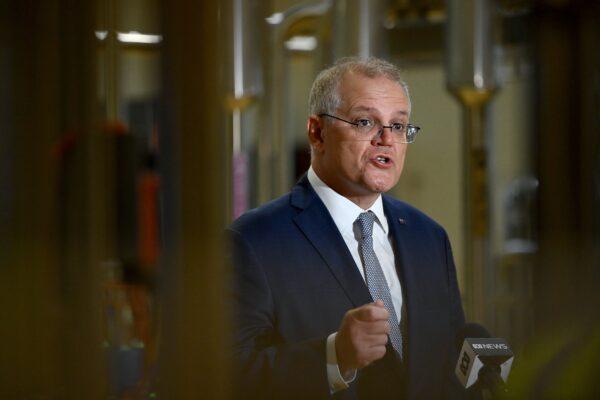
Under the regulation, companies would have to establish not only a new complaints reporting system to address defamatory remarks but may also mean new and existing users would have to provide identity documents to use services like Facebook or Twitter. It is also unclear what are the parameters around designating an individual as a “troll.”
However, the new laws have been met with concerns it would take the onus away from social media giants themselves to regulate the online environment.
In particular, Reset Australia—the Australian branch of a think tank focusing on digital threats to democracy—said that harmful and sensationalist claims made online were often perpetuated by social media giants’ attention-based business model.
“Social media companies promote, amplify and profit from hate—catching trolls won’t end online hate,” Executive Director of Reset Australia Chris Cooper said.
“Forcing social media companies responsible for coughing up the identity of individuals does not hold the platforms accountable for their profit-making amplification that enables that content to go viral.”
Cooper also pointed out that such powers would remove the shield offered to individuals, such as whistleblowers, who speak out against the government or its officials.
“Online anonymity does protect trolls from accountability, but it also is an important tenet of a free and open internet that protects critics of the powerful which can hold leaders accountable,” Cooper said.
A similar sentiment had previously been expressed by Twitter’s public policy director for Australia and New Zealand, Kara Hinesley, who argued that several groups at risk included journalists, whistleblowers, human rights defenders, and dissidents.
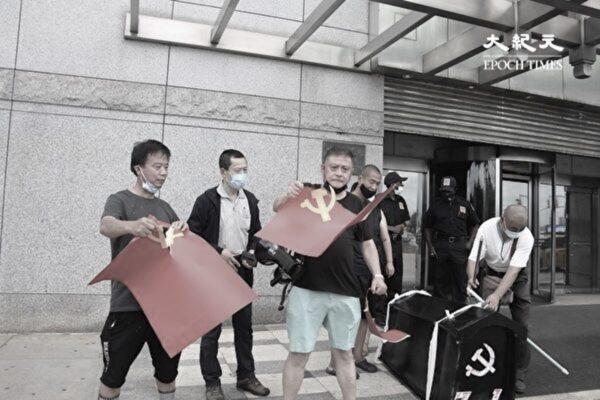
Hinesley said there was no apparent connection between anonymity and abusive behaviour online, with previous incidents illustrating many individuals did not use anonymous accounts to make abusive posts.
“It’s not clear that anonymity is the primary driver of abusive and antisocial behaviour online. It’s even less clear that requiring government identification for social media would do anything to fix the situation,” she said.
“I want to emphasise—I cannot emphasise this enough—a tech solution cannot fix the social problem.”
Morrison first called for a social media identification system following rumours directed at the daughter of Deputy Prime Minister Barnaby Joyce.
Following the accusations, Joyce said social media organisations had become the catalyst for misinformation to spread and accused the platforms of inaction in addressing harmful posts made anonymously.
Joyce had expressed grievance over the proliferation of unverified rumours that had circulated social media.
Social media giants have been the target of scrutiny under the Morrison government, including a law that requires platforms to remove violent, offensive material and notify the police—or risk a fine equivalent to 10 percent of their annual global turnover.
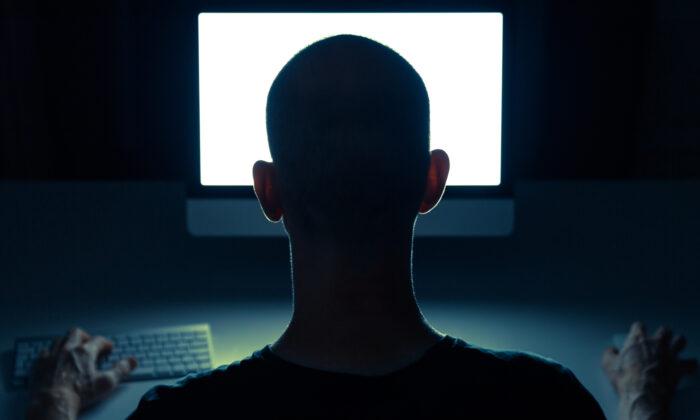

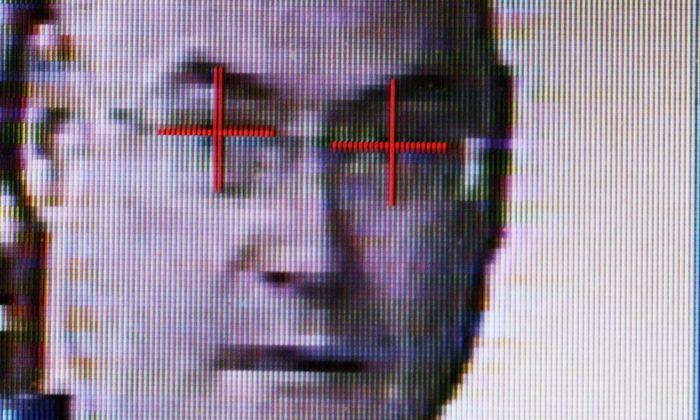
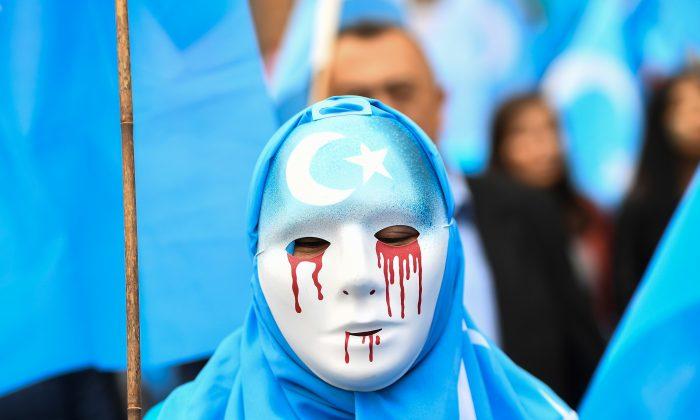
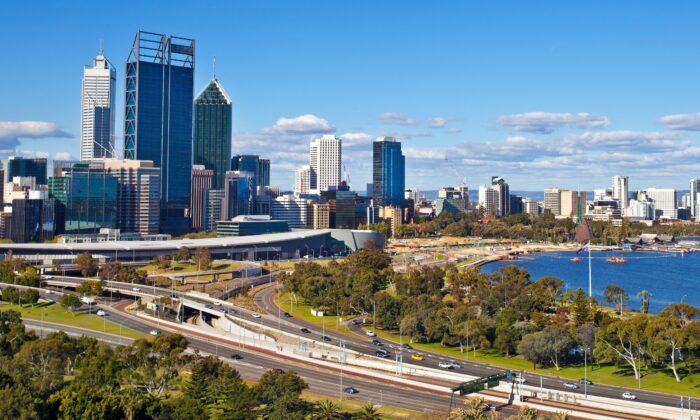

Friends Read Free